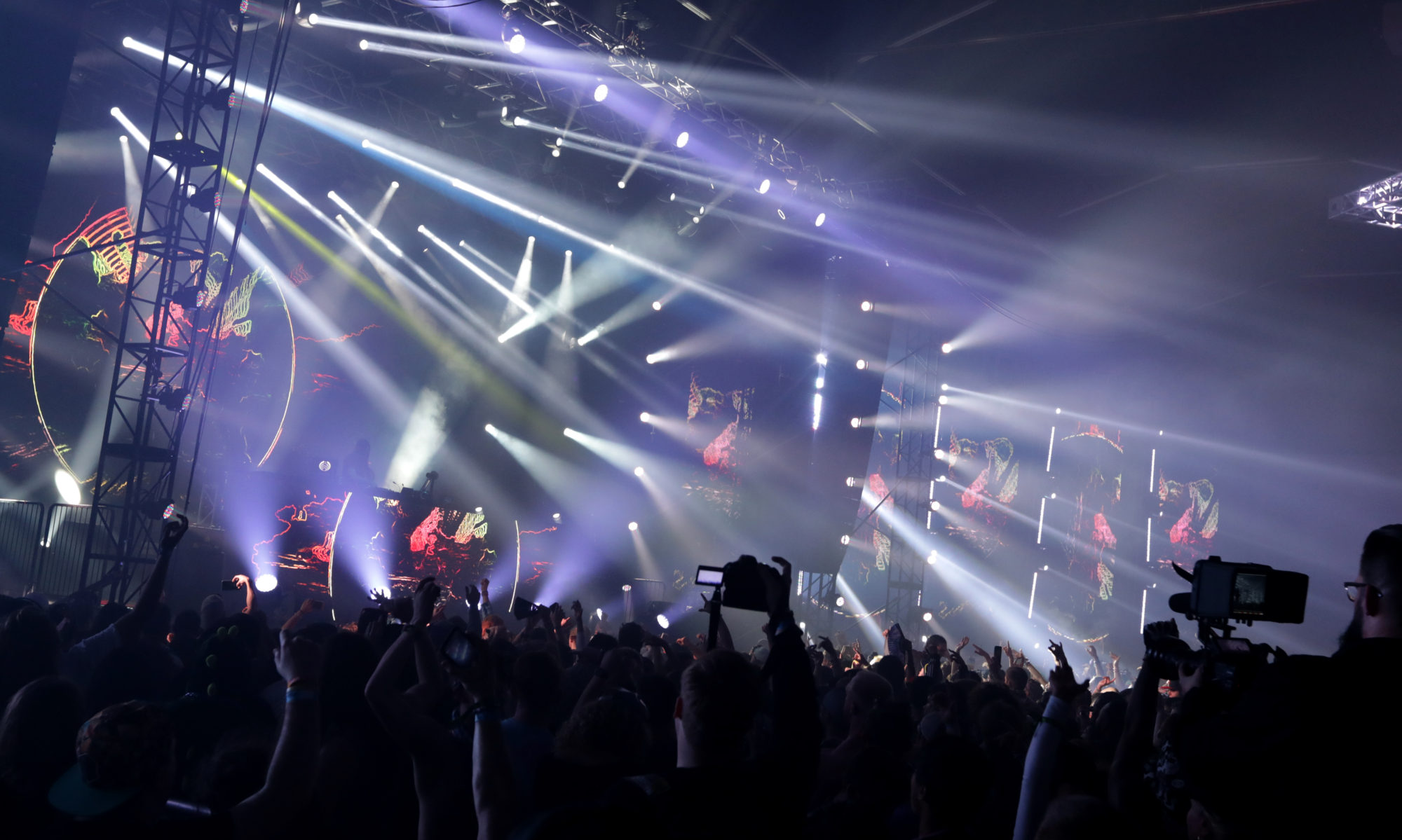I get asked this question all the time: What camera should I buy? Sometimes it is a variation of that question, like: What brand camera is the best? Either way, it’s basically the same idea. What camera will make me a better photographer?
It doesn’t really work that way… at least not the way you think. Certain cameras may have features that make them more appealing to specific shots. Like a Nascar series photographer might ant the fastest frame rate available, and Canon has a nice EOS 1D mkIII that shoots ten frames per second. But a portrait shooter might prefer Nikon’s lenses or color rendering capability, over Canon’s high speed. Or, a street shooter might want something small and discrete, like a Leica rangefinder.
The idea is that the camera is just a tool, like anything else. Some brands are better quality than others. Some brands are more expensive than others. Some brands are more popular than others. However, a good photographer can put almost any camera to good use.
Here’s an example…
This photo was taken with a $50 Russian TLR. I like the image and think it is very moving. I didn’t need a $3,000 camera to take this image. As a matter of fact, the image would’ve lost some of its intimacy with a super-sharp lens and light leak-free body.

The image below was shot with a plastic Holga camera that cost me about $15 (they were very cheap at one point in time, before all the college art students started buying them). The Holga’s shortcomings are actually what make this image stronger. The fade to black around the edges and the softness give the image a dreamy quality. Try to reproduce this on a Canon or Nikon without excessive photoshopping…

This final image was taken with a free camera. I built a pinhole camera myself, using a throw-away antique film holder, scrap wood and a used piece of pie tin. Oh, and some glue and tape, too.

So, you can see the idea of “what camera should I get” can be taken to an extreme by building your own. There are certain features or qualities that might make a certain model or brand seem better-suited to you, but it’s really the person behind the camera that matters.
